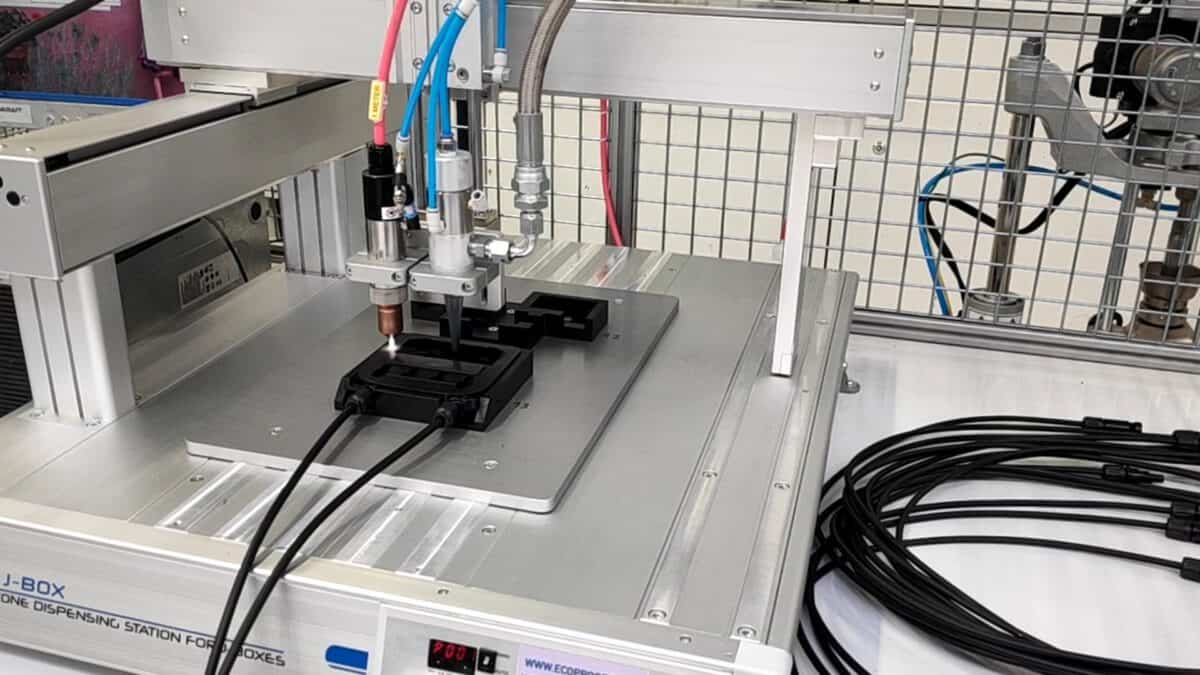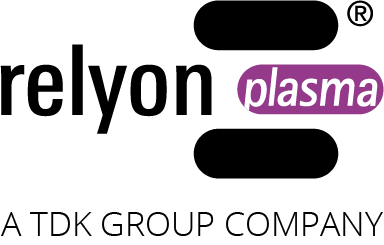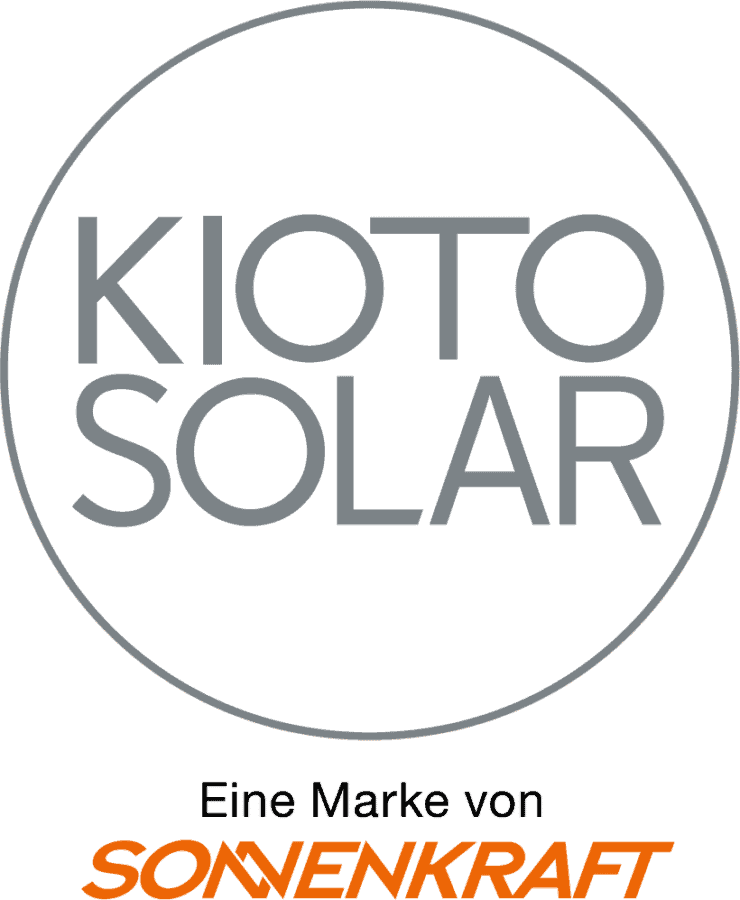Plasma in solar technology
KIOTO Photovoltaics GmbH from St. Veit in Austria has been using plasma in solar technology for years. Here, the plasma high-performance system plasmabrush® PB3 is integrated into the automated system for surface pre-treatment before bonding. Philipp Pollheimer from maintenance reports on his experiences with atmospheric pressure plasma in solar technology.
Chemical agents replaced by plasma
Pre-treatment with the plasmabrush® PB3 cleans and activates the bonding surface, thus ensuring optimum bonding adhesion. Previously, a similar adhesion result was achieved with chemical agents. However, we wanted to improve the safety of our employees and also reduce the burden on the environment to a certain extent.

About KIOTO Photovoltaics GmbH
As a producer of high-quality photovoltaic modules with “Made in Austria” quality, KIOTO Photovoltaics GmbH is the market leader in Austria, but beyond that, the modules are also distributed throughout Europe. In 2005 KIOTO SOLAR finally started with the production of photovoltaic modules. Since then, around 1,600 modules leave the production line every day.





